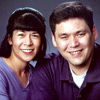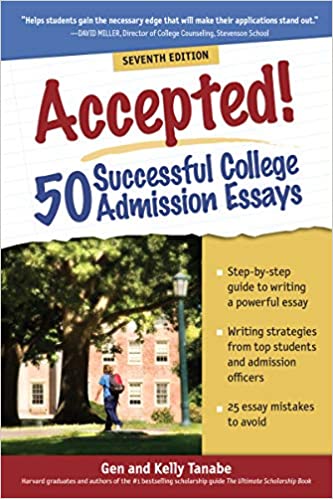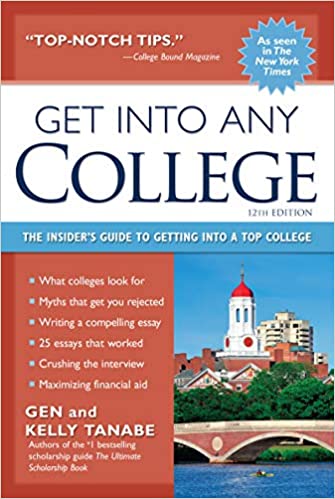Writing one essay can take weeks or even months. What if you plan to apply to five, ten or more colleges? Yikes! Does this mean you will have to skip school just so you have enough time to write dozens of perfectly crafted individual essays? Thankfully, despite how tempting playing hooky can be, the answer is "no."
Why go through the difficult and time-consuming essay-writing process again and again to answer each school's questions when you can modify a few essays to answer all of them? In fact, if you write three or four good essays, you will have enough to apply to an almost unlimited number of schools. Does it sound too good to be true? It's made possible through the magical technique we call "recycling."
1
Use the Common Application.
The ultimate in recycling is to mail the exact same essay word for word to all of the colleges to which you are applying. While only a fantasy for past applicants, this is increasingly becoming a reality through the growing acceptance of the Common Application.
The Common Application is a single application that over 290 colleges and universities accept in place of their own. This means that if you are applying to more than one school that accepts the Common Application, you can send the same exact application to each of these schools. You can get the Common App at http://www.commonapp.org
But for those schools that do not accept the Common Application, which unfortunately are still in the majority, you will need to learn the art of recycling. Read on.
2
Interpret the question to fit your answer.
The actual essay questions posed by the colleges are not important in and of themselves. Think of them as suggested topics that help you to focus your essays. The admissions officers are really seeking much more than actual answers. They want to read an essay that contains your thoughts and opinions to help them gauge what kind of person you are. The essay is your chance to showcase your thinking and writing skills. Therefore, while you need to stay within the bounds of the question, the boundaries themselves are quite flexible.
For example, imagine that in response to one college's request that you "evaluate a significant experience or achievement that has special meaning," you write an essay about a hike in the Grand Canyon that changed your outlook on the meaning of life. The next school's application asks you to answer a question about "a book, class, project or person that you find intellectually exciting." Before you begin brainstorming for the new essay, take a minute to think about the one you have already written.
If you have read any books along the lines of Robinson Crusoe, Tom Sawyer, Huckleberry Finn or The Heart of Darkness, you could in your introduction begin by referring to one of these books, describing the importance of nature and adventure. Then you could show how these same themes have affected your life. With a good transition, you could copy and paste almost word for word the main body of your first essay about your own adventure in the Grand Canyon and how it changed you.
In the conclusion, you could again juxtapose your adventure with that of one of the characters or themes in the novel you chose and reemphasize the significance of both the book and your own real-life adventure. The result would be another perfect essay that only took a fraction of the time to write because you were able to recycle a portion of the first essay and use it in the second.
3
Don't lose focus when recycling.
The greatest danger of recycling is that in the process of clipping and reworking, the original focus of your essay may become lost. To make sure that this does not happen, reread the question and your essay several times. Ask yourself: Does this essay truly answer the question that was asked? Remember that while you have the freedom to interpret the question in your own way, you do not want the admissions officers to wonder if you misunderstood it because your essay lacks focus and does not clearly state at the beginning how you intend to answer the question given.



